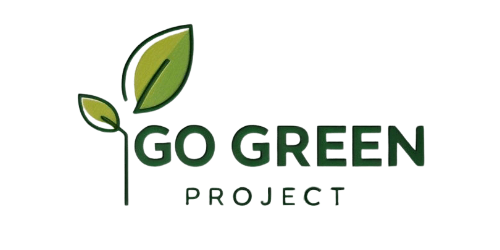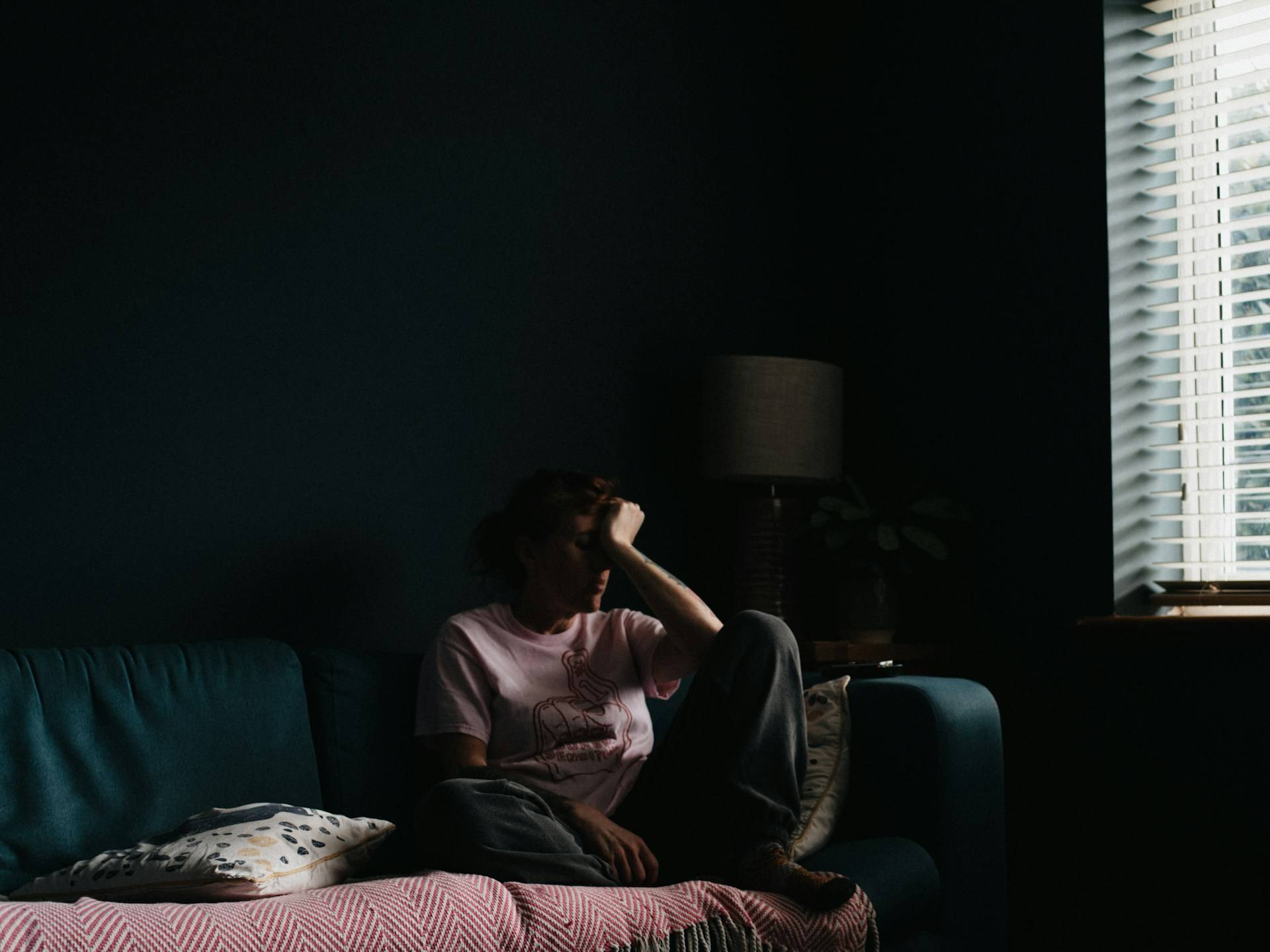We live in a world that constantly tells us that buying more stuff will make us happy. New clothes, the latest phone, a bigger house, a fancier car, capitalism thrives on making us believe that we need these things to be successful and satisfied. But what if all this consumerism is actually making us miserable?
Well, science backs this hypothesis up. Studies have found that materialism, placing a high value on owning things, is linked to lower life satisfaction, higher anxiety, and increased rates of depression.
So why does buying more stuff make us feel worse, not better? And what does this have to do with sustainability?
Buying Happiness? Not Quite.
The idea that shopping brings happiness is everywhere. Ads show people grinning as they unbox their new tech. Influencers post about their latest shopping hauls. But the thrill of buying something new doesn’t last long. Psychologists call this the “hedonic treadmill,” we get a burst of excitement from a purchase, but we quickly get used to it and need something else to feel that buzz again.
A study published in the Journal of Consumer Research found that people who focus on material wealth tend to be less happy and more stressed. Why? Because when we tie our happiness to things, it’s never enough. There’s always a newer version, a better option, or something else to crave. The pressure to keep up leaves people feeling empty rather than fulfilled.
TL;DR: Buying things might make you happy for a moment, but that feeling doesn’t last. And always wanting more can actually make you unhappy.
Capitalism is Selling You a Problem, Then Selling You the “Fix”
Capitalism thrives on making us feel like we’re not good enough as we are. It tells us our skin isn’t clear enough, our bodies aren’t toned enough, our homes aren’t stylish enough. But don’t worry, there’s a product to fix that! The beauty industry, for example, is built on convincing people (especially women) that they need endless products to be attractive.
The same goes for self-improvement. There’s a whole industry selling books, apps, and programs to make you “better,” more productive, more successful, more confident. But what if the real issue isn’t you? What if the system is designed to make you feel inadequate so you’ll keep spending money?
Psychologists like Jeff Guenther (aka “Therapy Jeff”) argue that capitalism creates stress and insecurity, then sells self-care products as a way to cope. Instead of fixing the root cause (an unfair system), we’re given temporary solutions that keep us dependent on more consumption.
TL;DR: Capitalism makes money by creating problems and then selling you solutions. But real happiness doesn’t come from buying more stuff.
The Environmental Cost of Consumerism
Aside from making us feel bad, all this constant buying is wrecking the planet. The fashion industry alone is responsible for about 10% of global carbon emissions. Tech companies keep pushing new phones every year, leading to mountains of electronic waste. Fast furniture, plastic packaging, and mass production all come at a huge environmental cost.
A study from the United Nations found that if everyone in the world consumed like the average Australian, we’d need 4.5 Earths to sustain us. The truth is, the planet cannot keep up with our shopping habits.
TL;DR: Our obsession with buying more is not only making us unhappy, but it’s also destroying the planet.
So, What’s the Alternative?
If buying more doesn’t make us happy, what does? Studies show that experiences, like spending time with loved ones, learning something new, or being in nature, bring lasting joy. Community, purpose, and meaningful relationships matter far more than the latest iPhone.
For me, the shift has been gradual. I have prioritised experiences over “stuff” for most of my life, as I have always valued travel. But lately, deepening my understanding of sustainability has made me realise just how much we were consuming mindlessly. I started noticing the small, everyday purchases that added up, cheap homewares that didn’t last and single-use plastics that were thrown away without a second thought.
It became clear that much of what I was buying wasn’t out of necessity or even genuine desire, but because I had been conditioned to seek happiness in consumption. Recognising this has pushed me to be more intentional with what I bring into my life, prioritising sustainability and genuine fulfilment over fleeting satisfaction.
Living more sustainably isn’t just good for the planet, it’s good for mental health too. When we focus on what truly makes us happy rather than chasing endless possessions, we can break free from the cycle of stress and overconsumption. That means 1) buying less and choosing quality; 2) repairing and reusing instead of replacing; 3) spending more time outdoors and with people who matter; 4) supporting local, ethical businesses rather than big corporations.
In short, rejecting consumerism isn’t about sacrifice, it’s about gaining a happier, more sustainable life.
TL;DR: Real happiness comes from experiences and connections, not endless shopping. And that’s great news for the planet too!
My Personal Experience
I used to throw away food scraps without a second thought, let fresh produce go bad in the fridge, and buy whatever looked good at the supermarket without considering its packaging or origins. But since I started composting, growing some of my own food, and planning meals more carefully, I’ve felt…happier.
There is a quiet satisfaction in eating something grown in your own garden and in making do with what you have instead of rushing to buy more. I believe true contentment comes from living simply, using what you have, and wasting less. For us, sustainability isn’t just about helping the planet, it’s about creating and living a life that feels more intentional and fulfilling.
Capitalism wants you to believe that happiness is for sale. But research shows that the more we chase material possessions, the less satisfied we feel. Worse, this obsession with stuff is trashing the planet. The good news? A simpler, more sustainable life is not only possible, we believe it’s the key to a better life.
So next time an ad tells you that you “need” something new to be happy, ask yourself: Do I really? Or is capitalism just trying to sell me another lie?

